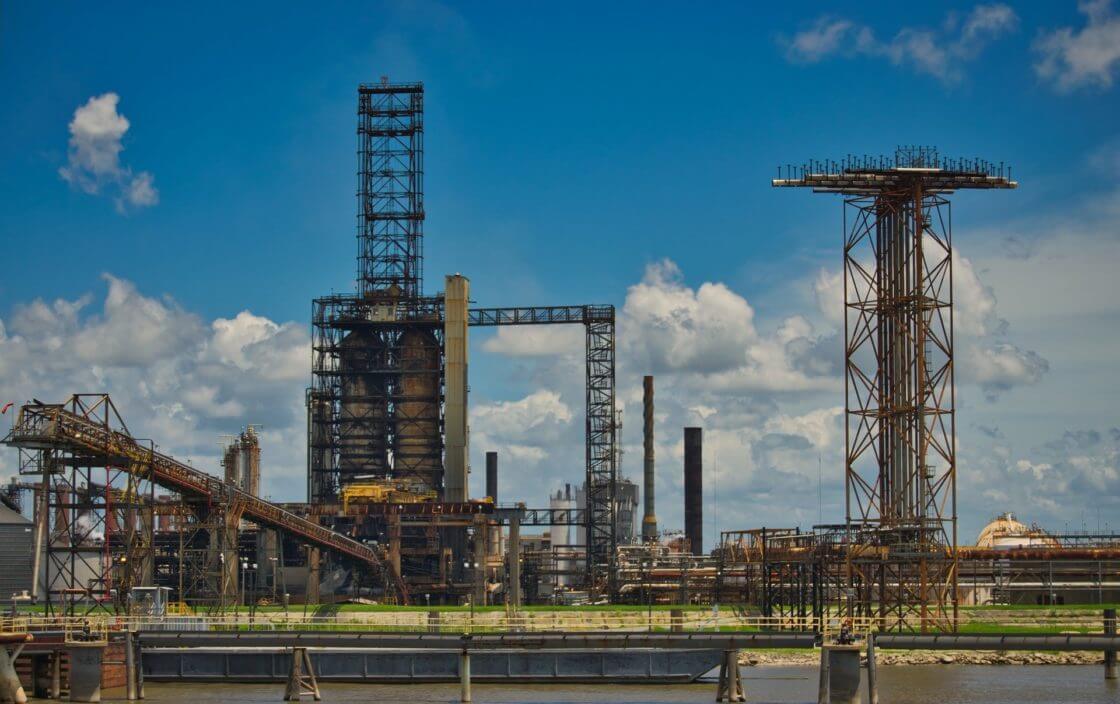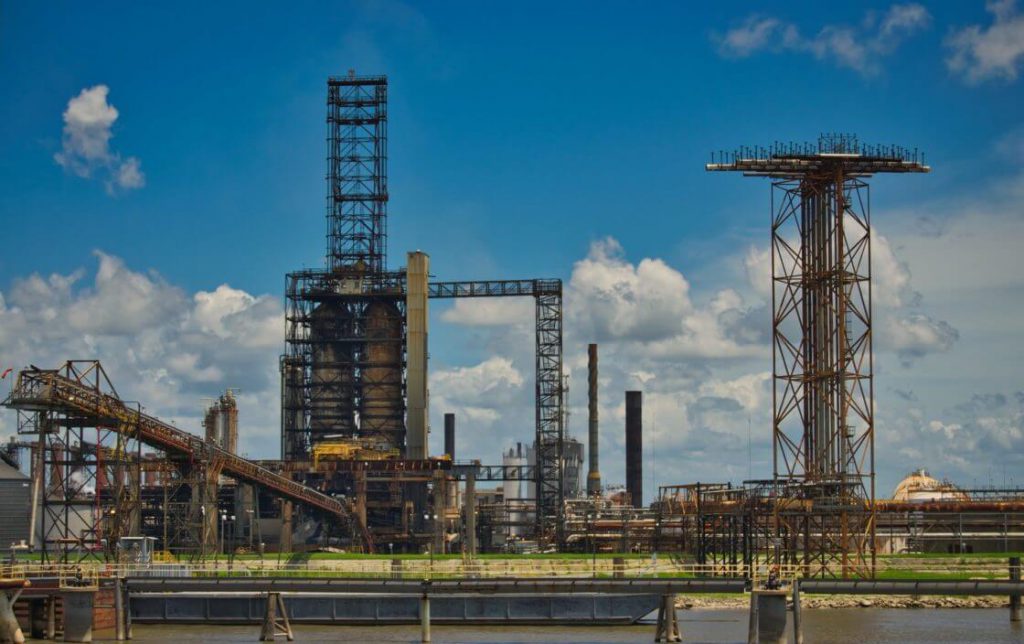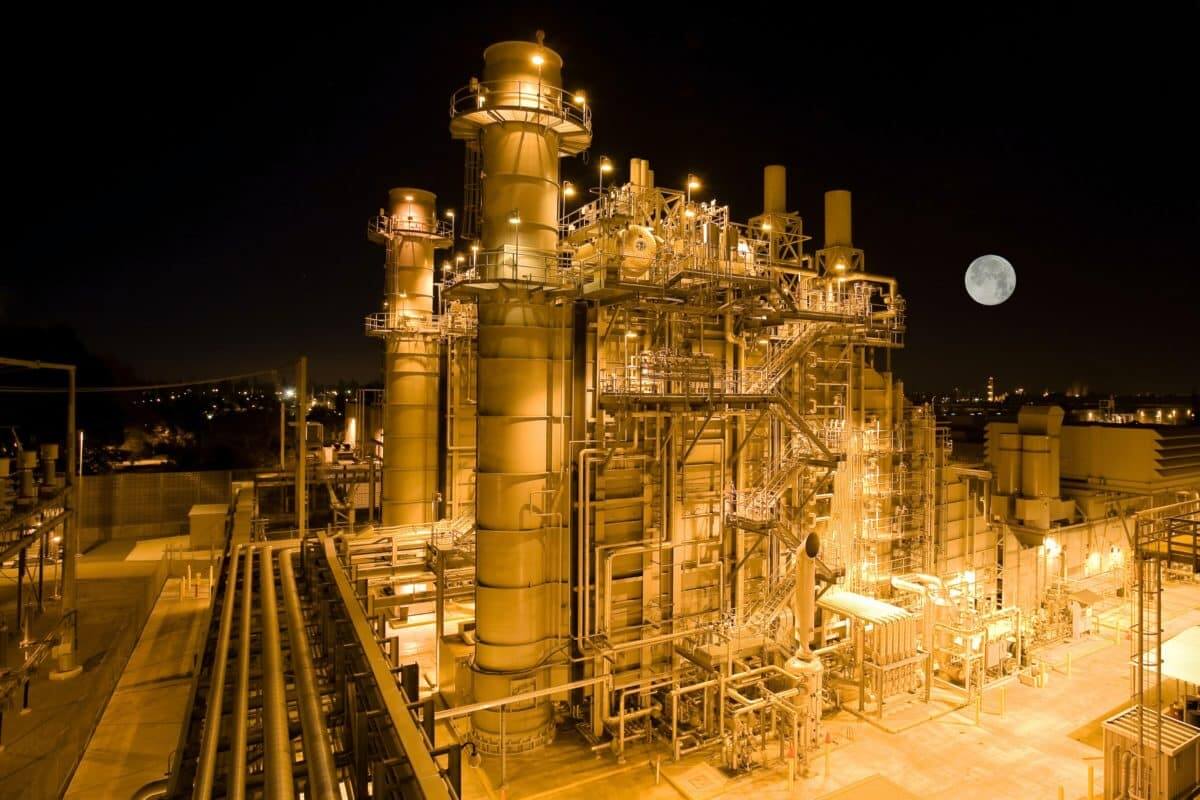
Oil Edges Lower
Oil dipped as investors assessed China’s reaffirmed commitment to stringent anti-Covid actions, while the dollar strengthened ahead of the US midterm elections. WTI futures fell toward $91 a barrel after falling over 1% in the first session of the week as China confirmed its commitment to Covid Zero, which includes demand-sapping movement limitations and lockdowns. On Monday, the world’s top petroleum importer recorded over 7,000 domestic cases, the highest daily total in more than six months.
Crude fell by more than a quarter from its seasonal high as a global recession. Tightening monetary policy and a stronger US dollar weighed on prices. Furthermore, oil traders are keeping an eye on further Russian flow restrictions beginning in December, and the effects of an OPEC+ supply cut beginning this month.
According to analysts and China-based industry sources, diesel, gasoline, and aviation fuel shipments may reach 6 million tonnes in November, the largest since the early days of COVID-19 in April 2020.
According to forecasts from Wood Mackenzie, JLC, and Refinitiv, diesel exports may reach 1.8M to 2.2M tonnes for the month, the most since June 2021 refining profits that have more than tripled in Asia this year.
EU price cap on natural gas
The European Union’s executive arm, the Commission, said that a price ceiling on gas imports is not the best solution to containing energy costs amid the bloc’s deepening cost-of-living problem.
Member countries, including Italy, Greece, Poland, and Belgium, proposed a price ceiling on all gas imports. The Commission initially declined the concept but later decided to discuss it with the leaders of the member countries.
The deliberations have dragged on for weeks, with no decision made. According to the possibilities being considered by the EU, if one is ever reached, it will most likely not contain a price ceiling on imports. There was a suggestion for what participants dubbed a dynamic price corridor for imported gas in negotiations last month. The Commission suggested it could be willing to accept this corridor notion. Another issue is that the group that supports a gas price cap includes more than half of EU member states and will be difficult to persuade to embrace alternate ways of crisis management, of which there aren’t many: joint gas purchase and demand reduction appear to be among the top ones.



